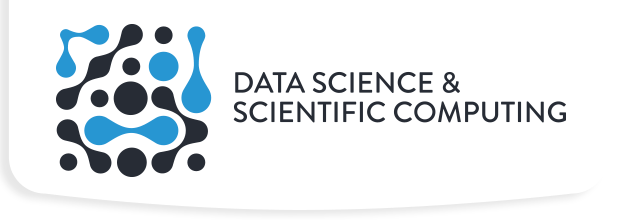Software Development Methods
Objective: introducing concepts and techniques for collaborative development of large and complex software systems for industrial applications, including Java, software development lifecycle, best practices in software development as code testing, versioning, and design patterns.

